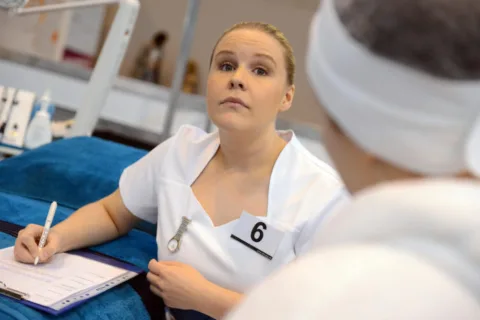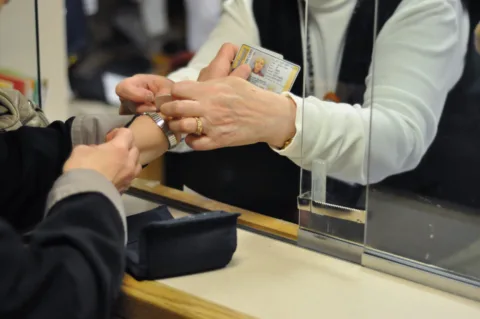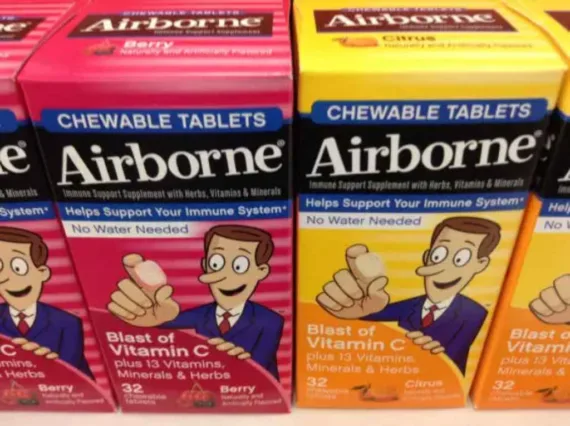When you finally hear — or say — the words I Need Help, what’s next? Determining what addiction treatment is best is likely your next thought.
Whether it was through a series of unfortunate events or an intervention, admitting there’s a problem is the hardest part.
Take it from me once you’ve admitted you need help, it’s best to be straightforward when it comes to the types, amounts, and duration of drug or alcohol abuse to determine the best treatment options.
The type of treatment you need depends upon your condition as you consider treatment.
Here’s what you should know about the various addiction treatment options available to you.
What type of treatment is best? This is one of the most important considerations when you’re dealing with addiction.
There are many factors to consider when thinking through the best rehab programs:
- The quantity of drugs or alcohol used.
- How long the individual can refrain from drinking or using drugs.
- The consequences of his or her lifestyle on their family, job, finances, etc.
- The number of years the addict has been using.
Quitting drug or alcohol abuse is difficult, because improperly detoxing can cause withdrawal symptoms that are difficult to overcome without medical help.
If you’re physically dependent on medication, drugs, or alcohol, it means your body needs the substance to function properly.
The symptoms of alcohol withdrawal and some drugs like anti-anxiety medications can be severe; sudden withdrawal can cause brain damage, seizures, heart palpitations, and other effects that can result in hospitalization or death. Source
Now that I have your attention, let’s look at the different addiction treatment options that treat the varying degrees of withdrawal.
Long-Term Residential Treatment
Long-term residential treatment provides care 24 hours a day, generally in non-hospital settings.
The best-known residential treatment is the therapeutic community model (TC).
There are varying degrees of TC addiction treatment centers but you can usually expect:
- Length of stay is between 6 and 12 months.
- Focus on the whole person, not just the substance(s) they abused.
- Utilization of community including other residents, staff, and social context—as active components of treatment.
This type of rehab works well for individuals with long-standing or severe addictions, as well as dual-diagnosed patients, or those individuals who struggle with both a substance use disorder and co-occurring mental health disorder.
The treatment inside a residential treatment center begins with the detox process, during which the addicted person stops drinking alcohol or abusing drugs.
Depending on the substance that was abused, an individual may receive supportive care and supervision, undergo medication-assisted detox, drug replacement therapy, or gradual drug reduction therapy.
Check out the top rated long-term rehab centers in America.
Short-Term Residential Treatment
Short-term residential programs provide intensive but relatively brief treatment based on a modified 12-step approach.
The purpose of this type of treatment is for you to achieve complete sobriety, and not be tempted by your addiction. This gives you enough time to address the underlying issues caused by your past alcohol and drug use.
Short-term addiction treatment benefits include:
- Intense focus on recovery with a more affordable cost than long-term residential rehab.
- Less time-consuming than long term treatment for those who can’t be away from home for more than 30 days.
- Provides readiness for outpatient continuation of treatment with a a greater understanding of sobriety than outpatient treatment alone.
- Quality time spent physically adapting to a clean body with adoption of better nutrition and physical fitness.
- Establishment of a lasting, supportive community of peers and counselors in recovery.
This was the type of addiction treatment that was right for me. I was in short-term treatment for 6 weeks which allowed me to begin to physically, emotionally, and spiritually heal.
In my experience, addiction was less about the substance and more about the underlying issues that caused me to abuse drugs and alcohol.
Here’s a bit more about my struggle with addiction and the role that mindfulness has played in my recovery.
Outpatient Treatment Programs
Outpatient treatment varies in the types and intensity of services offered. Outpatient rehab programs allow you to continue to live at home during drug or alcohol rehabilitation.

Ideal candidates for outpatient treatment are:
- Healthy enough to forgo the medically intensive environment of residential rehab.
- Transitioning from residential care to aftercare (IOP’s are often coupled with sober living arrangements).
- Still working or meeting responsibilities at home during rehab.
- Unable to attend residential treatment due to financial or other reasons.
This addiction treatment option tends to cost less than residential or inpatient treatment, and it really serves as a great step-down from residential treatment.
I even entered an outpatient program during sobriety in the past just because I felt that I needed a refresher and a more structured routine when I was dealing with some difficult stuff during my recovery.
Individualized Counseling
Individualized drug counseling not only focuses on reducing or stopping illicit drug or alcohol use; it also addresses related areas of impaired functioning.
If you don’t want to share your story with a group or are afraid that you could lose your job or children in the process, then individual therapy sessions will likely prove beneficial.
Other benefits to individualized therapy include:
- More time to work one-on-one with a therapist.
- Being able to ask questions about employment status, illegal activity, and family/social relations — as well as the content and structure of your ongoing recovery.
- Develop coping strategies and tools to abstain from drug use and maintain abstinence.
- It’s a great way to supplement 12-step participation.
I’ve found individualized therapy to be an amazing piece of my recovery. I don’t believe therapy alone would have helped with my addiction treatment in the beginning (as I’d already tried that) — therapy in addition to my 12-step meetings has greatly enhanced my recovery.
Therapists can also make referrals for needed supplemental medical, psychiatric, employment, and other services.
Check out how to find a therapist that specializes in addiction.
Group Counseling
There is nothing quite like that feeling when you realize someone else knows exactly what you’re feeling and has been in the same “place” you’ve been.
Many therapeutic settings use group therapy to capitalize on the social reinforcement offered by peer discussion and to help promote drug-free lifestyles.

Research has shown that when group therapy either is offered in conjunction with individualized drug counseling or is formatted to reflect the principles of cognitive-behavioral therapy or contingency management, positive outcomes are achieved.
There are countless benefits of group therapy for addiction treatment, here are a few:
- Helps you realize you’re not alone.
- Facilitates giving and receiving support.
- Helps you find your “voice.”
- Helps you relate to others (and yourself) in healthier ways.
I’d be remiss if I didn’t mention how important it is to choose an addiction treatment center that offers family therapy. This way, the recovering addict is treated and family members also have the opportunity to work through their emotions and to learn healthy ways to support their loved one.
I’ve found a wonderful life in recovery — problems still arise but because of the treatments I chose, I know how to cope with difficult situations in much healthier ways.
More About Addiction Treatment & Rehab Facilities
In addition to the links I’ve included above, here’s more great information about inpatient drug rehab and addiction treatment:








